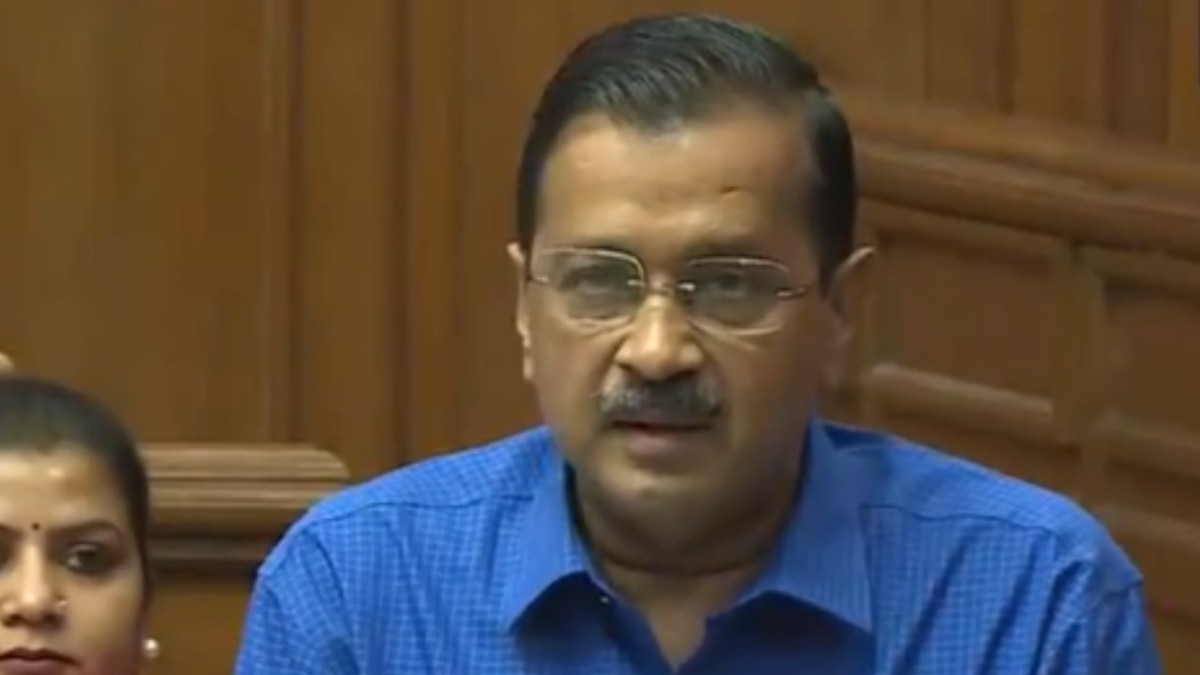The AAP government on Saturday conducted a discussion on the budget in the Delhi Assembly that was presented by Delhi's Finance Minister Atishi Singh on March 4. During the session, Delhi CM Arvind Kejriwal remembered AAP senior leader Manish Sisodia and stated that he hopes his "younger brother Manish Sisodia" would present the 11th budget of the government in the Assembly next year. Sisodia who was apprehended by CBI and ED in connection with alleged corruption in the now-scrapped liquor policy case for 2021-22 last year presented the past nine budgets of the AAP government.
He also lauded AAP leader Atishi Singh for the budget and stated that it was a good budget as it catered to all sectors and sections of people.
Atishi Singh Presented Budget On March 4
On Monday, AAP leader Atishi Singh presented the party's 10th budget for the financial year 2024-25 in the Assembly. The budget announced by the Delhi government was based on the concept of 'Ram Rajya' or good governance and had an outlay of Rs 76,000 crore. It included providing equal education, 24-hour access to electricity and water supply, and healthcare.
Atishi Singh also mentioned how the national capital witnessed significant transformation in the past decade under the AAP government's leadership.
"This is a moment of pride that the Kejriwal government is presenting its tenth budget. I am not just presenting the tenth budget but a picture of changing Delhi. Kejriwal came as a ray of hope. We are all inspired by Ram Rajya. We are working hard towards realising the dream of Ram Rajya." the Economic Times quoted her saying.
10 Principles Of AAP Governance Inspired By Ram Rajya
Speaking about the AAP government's inspiration, Arvind Kejriwal highlighted the 10 principles of AAP's governance based on Ram Rajya. These include providing equal and quality education and healthcare, ensuring no one goes hungry, providing 24-hour access to water supply, electricity, and pilgrimage opportunities for the elderly, employment for all, the safety of citizens and women, and controlling inflations, among others, reported The Economic Times.


